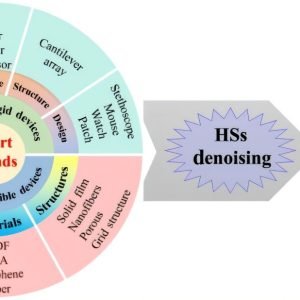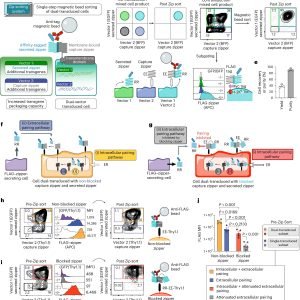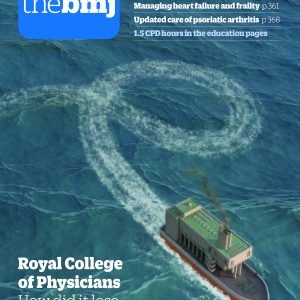
A recent study highlights the potential of a simple blood test predicting women’s heart disease risk over 30 years. Researchers suggest that a one-time measurement of three biomarkers could accurately forecast the risk of major cardiovascular events in the decades to come.
The study results, published in the New England Journal of Medicine, reveal that two types of fat in the bloodstream—low-density lipoprotein (LDL) cholesterol and lipoprotein(a) levels (lipid partly composed of LDL) along with C-reactive protein (CRP), an indicator of inflammation, can predict a woman’s risk for cardiovascular disease decades in advance.
Researchers collected blood samples and medical information from 27,939 healthy women in the U.S., all participants in the Women’s Health Study, who were, on average, 55 years old at the start. They were followed for 30 years, during which 3,662 participants experienced heart attacks, strokes, surgeries to restore circulation, or cardiovascular-related deaths.
Participants were categorized into five groups based on their levels of three key markers: high-sensitivity C-reactive protein, low-density lipoprotein (LDL) cholesterol, and lipoprotein(a). The study assessed how these biomarkers, both individually and collectively, predicted the risk of cardiovascular events.
Women with the highest levels of LDL cholesterol had a 36% higher risk of heart disease compared to those with the lowest levels. Similarly, those with the highest levels of lipoprotein(a) faced a 33 % increased risk, while women with the highest C-reactive protein (CRP) levels had a 70% higher associated risk.
“When all three factors are measured together, participants with the highest levels had a 1.5-times increased associated risk for stroke and more than a three-times increased associated risk for coronary heart disease compared to women with the lowest levels,” the news release stated.
Although the study results were based on women, the researchers predict similar results in men. The findings were presented at the European Society of Cardiology Congress 2024, London.
“We can’t treat what we don’t measure, and we hope these findings move the field closer to identifying even earlier ways to detect and prevent heart disease,” said Dr. Paul M. Ridker, the study author in the news release.
The researchers believe their findings will enable at-risk individuals to take preventive measures earlier. These measures include lifestyle modifications such as engaging in regular physical activity, following a heart-healthy diet, managing stress, avoiding or quitting smoking, and using medications to control lipid levels.







